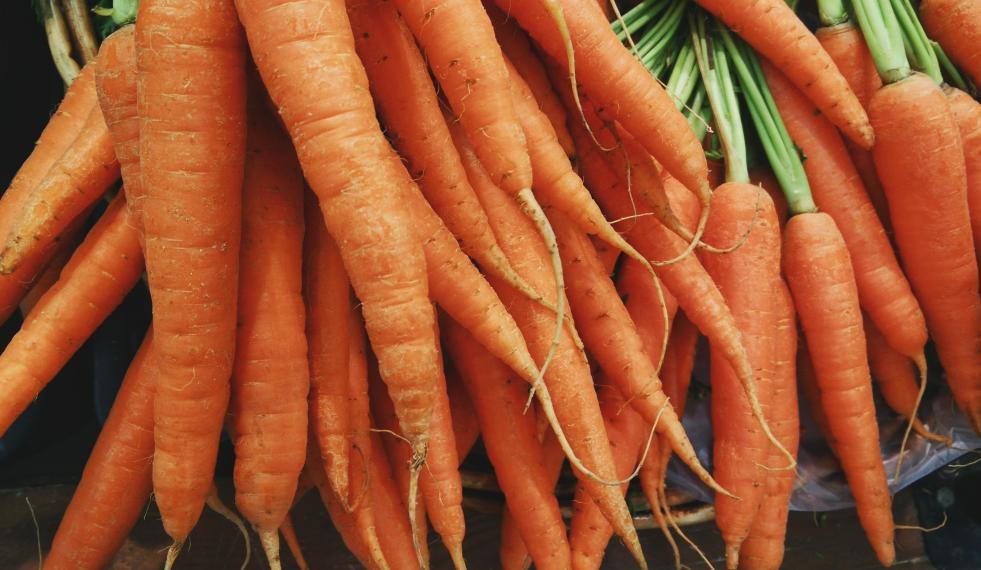Antioxidants: What’s the real deal?

Antioxidants at a Glance
Walking through the grocery store, you’ve probably seen labels boasting about antioxidants and their spectacular properties. Have you ever wondered what actually makes up antioxidants and why they’re apparently so good for you? Antioxidants are found in many different types of foods and have earned a reputation for having numerous healthy benefits. It has been claimed that antioxidants reduce the chances of cancer and act as a ‘fountain of youth,’ which keeps you looking younger longer.
The U.S. National Library of Medicine defines antioxidants as: “Substances that may protect your cells against the effects of free radicals. Free radicals are molecules produced when your body breaks down food, or by environmental exposures like tobacco smoke and radiation. Free radicals can damage cells, and may play a role in heart disease, cancer, and other diseases” (www.nlm.nih.gov).
Still confused? Dietitians have explained antioxidants in simpler terms: “Think of your body as a car. It can rust when metal in the car reacts with oxygen. If you cover it with a protective coating, it doesn’t rust as quickly. For the body, antioxidants are that protective coating. They protect your body’s cells from damage caused by pollutants, smoke, unhealthy diets and the normal aging process” (www.dietitians.ca).
Antioxidant Rich Foods
Here are some examples of antioxidants and some foods you can find them in:
- Beta-carotene: Orange foods (sweet potatoes, carrots, apricots etc.) some leafy green vegetables (spinach, kale etc.)
- Lutein: Green leafy vegetables (spinach, kale etc.) *Lutein is associated with healthy eyes, so eat up!*
- Lycopene: tomatoes, watermelon, guava, papaya etc.
- Selenium: Rice, wheat, brazil nuts *Selenium is a mineral, not an antioxidant- but is a component of antioxidant enzymes*
- Vitamin A: Liver, sweet potatoes, carrots, milk, mozzarella cheese
- Vitamin C (ascorbic acid): Many fruits and vegetables, cereals, beef, poultry, fish
- Vitamin E: Almonds, wheat germ oil, soy bean oil, corn oil, mangos, nuts, broccoli etc. (www.cancer.gov)
Overall, there are many nutritious foods that contain antioxidants!
Take Home Message
Antioxidants have many benefits in the body and fight on our body’s behalf to keep us healthy. It is important to get a variety of antioxidants in your diet because different antioxidants have different functions. Using Canada’s Food Guide as a guideline for healthy eating can help ensure you get a variety of nutritious and antioxidant rich foods every day! Happy eating!
Written by Joy Mackay, SNAP Volunteer (2013)
Read more blog posts on food and nutrition by SNAP here: https://snapatuofguelph.wordpress.com/.



